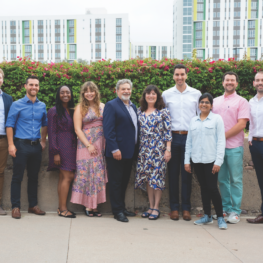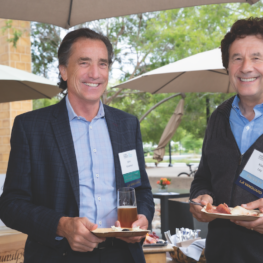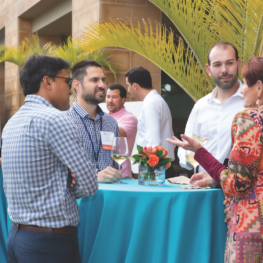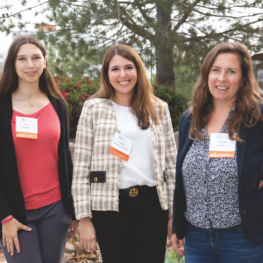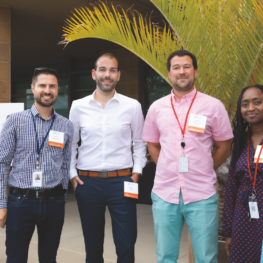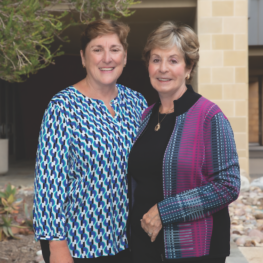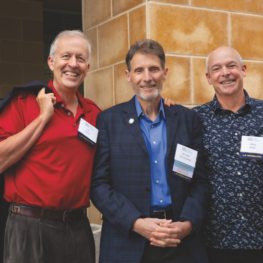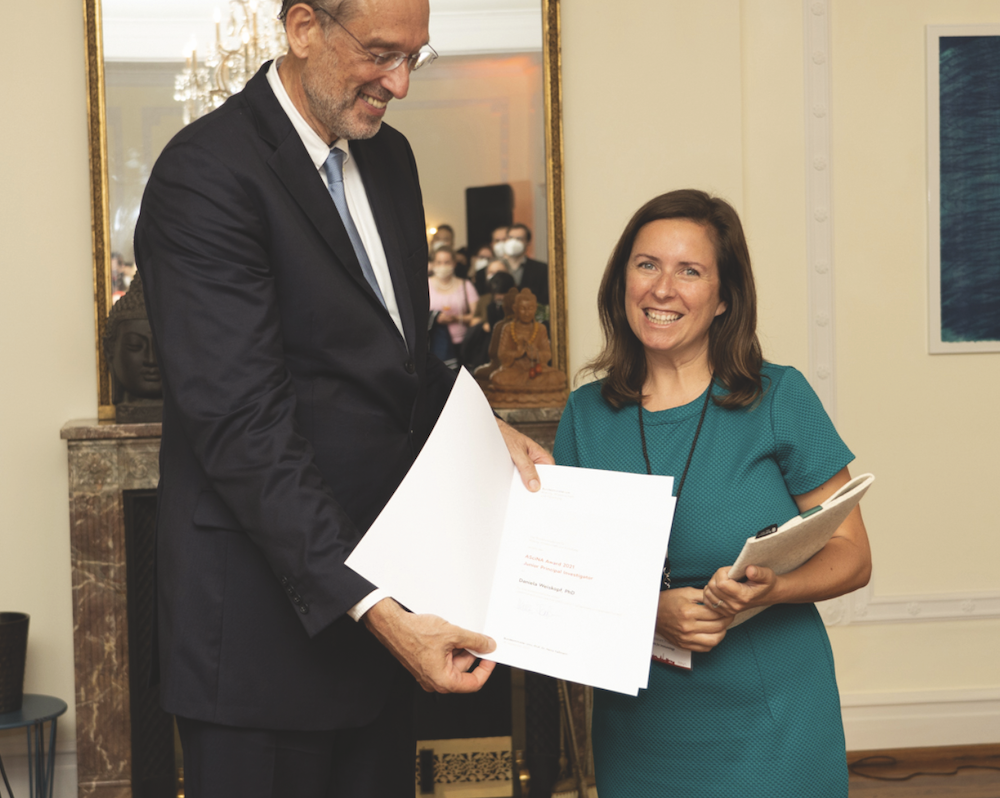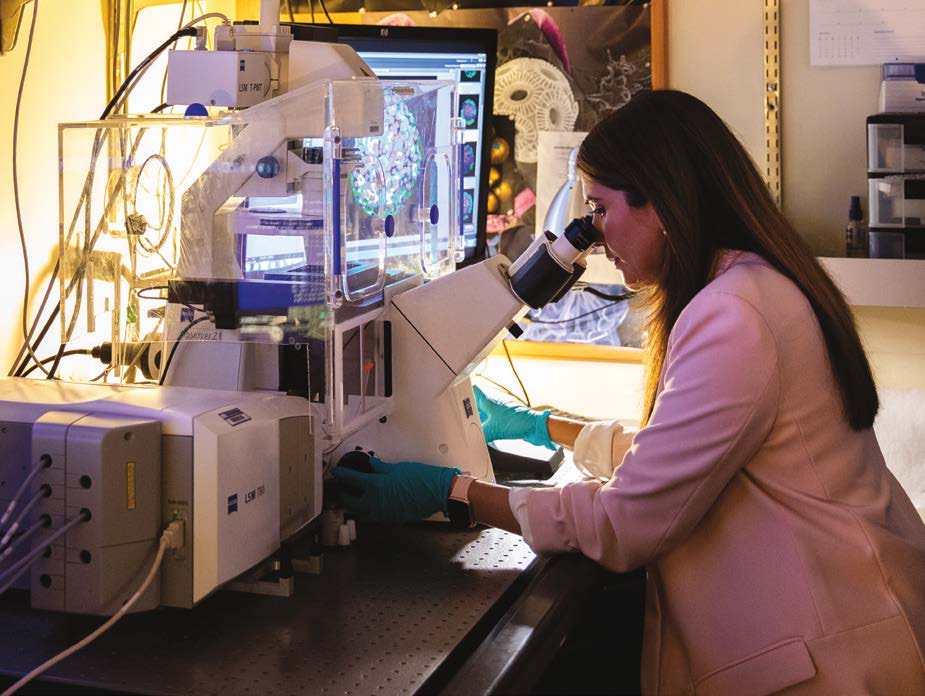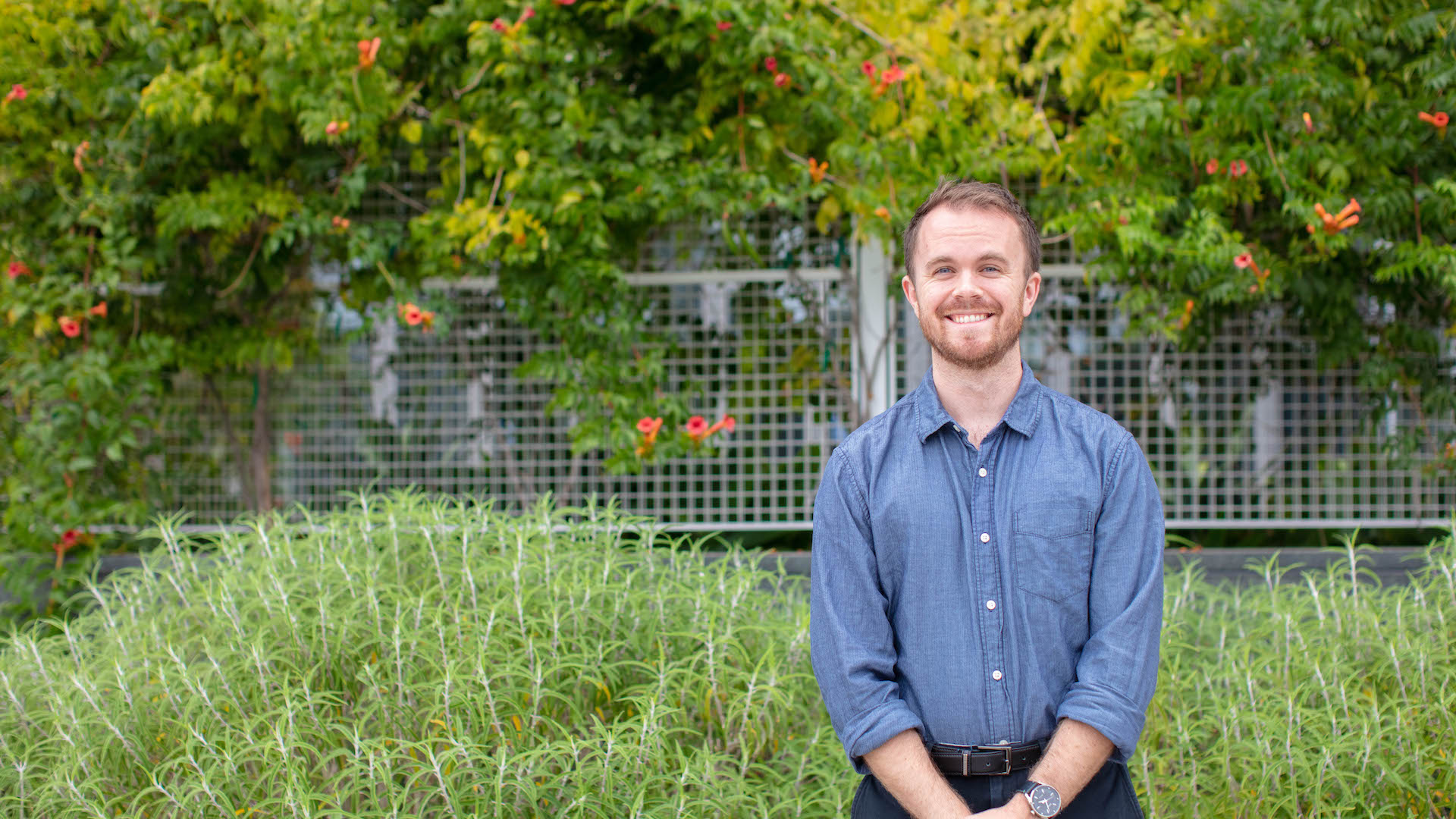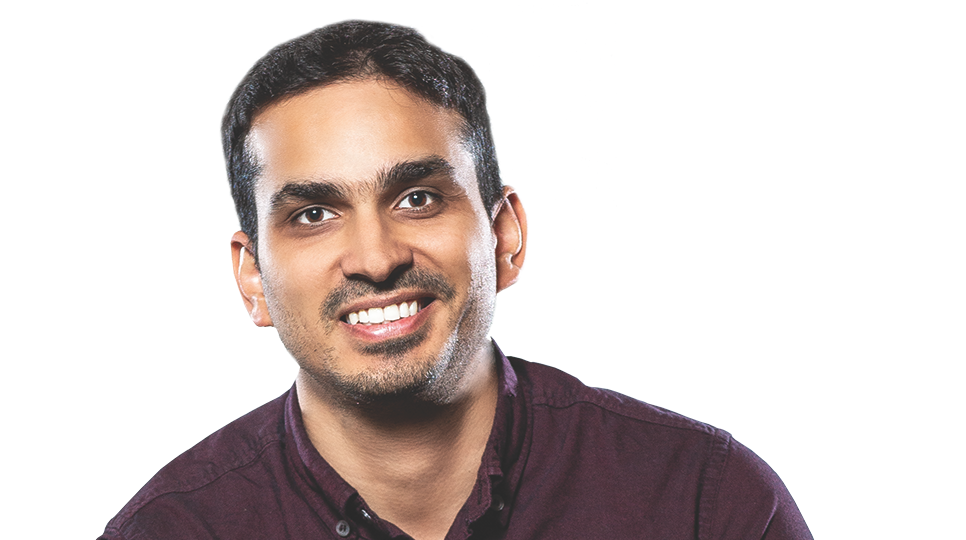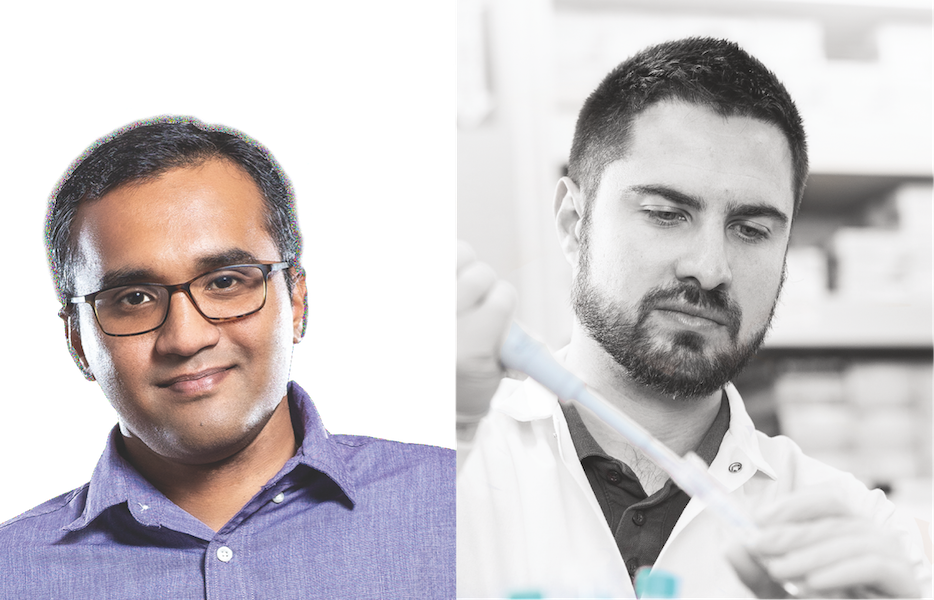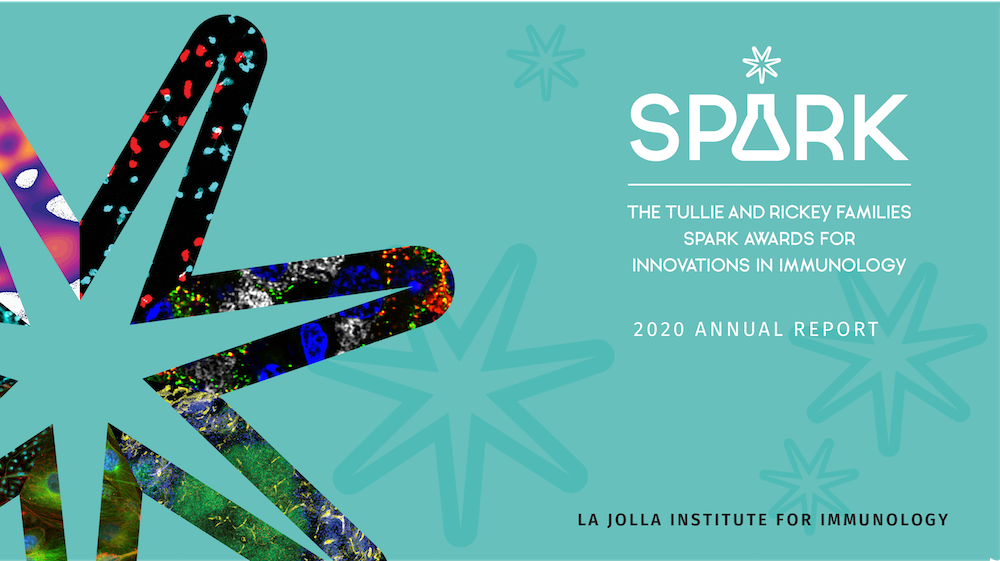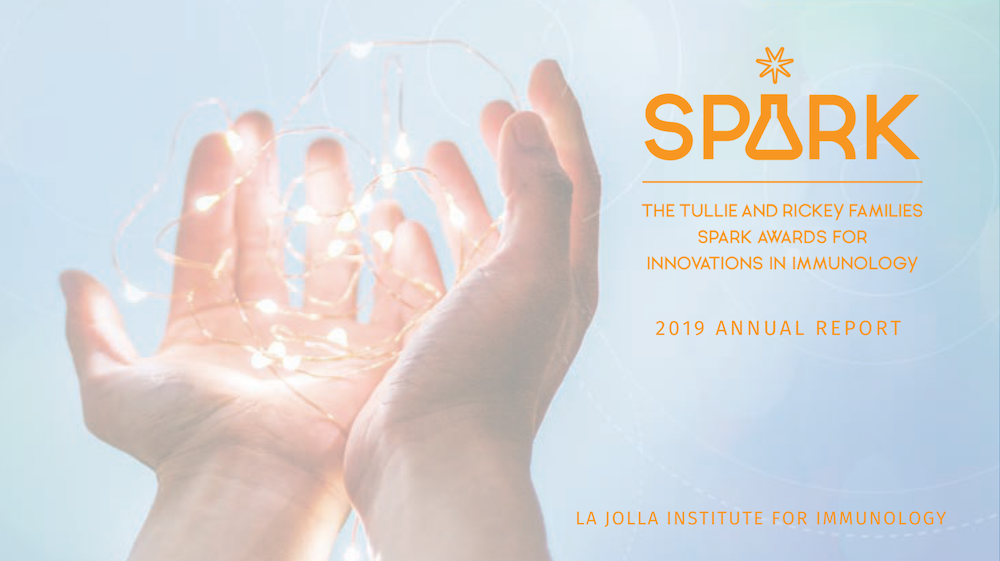Tullie and Rickey Families SPARK Awards 2021 Annual Report Introduction
Innovation doesn’t come cheap. Without proof-of-concept to convince highly competitive granting agencies to fund a daring project, many bold ideas are never put into action. This is a particular challenge for younger scientists still establishing their career. La Jolla Institute’s Tullie and Rickey Families SPARK Awards for Innovations in Immunology is designed to overcome these hurdles.
This philanthropically-financed program provides seed funding that allows researchers to act on their ideas and help make discoveries that could lead to answers for the important questions surrounding how we can better treat and prevent diseases that afflict us today. Each Tullie and Rickey Families SPARK Award is $25,000 and must be spent within one year. The goal is to enable scientists to generate enough preliminary data through their projects to attract additional funding to further their research and career.
In addition to funding cutting-edge research, the Tullie and Rickey Families SPARK program also trains and advances the careers of the next generation of researchers. Of course, SPARK Award winners ultimately gain experience in running an independent research project, an important career milestone. But equally as important, all SPARK finalists receive coaching in how to communicate their research to the public and how to present their ideas to funders. The value of this often overlooked skill set was never more evident than during the COVID-19 pandemic, which emphasized how critical it is for scientists to be able to clearly convey their work and the power of medical research to the public in a way they can understand and support.
Each year, LJI receives dozens of proposals from its postdoctoral scientists. A review panel narrows this pool down to the finalists who then have the opportunity to pitch their ideas to a donor panel with the hopes of securing funding to pursue their projects. Since 2017, more than 160 donors have generously funded 27 projects, all of which have the power to transform human health and launch the careers of promising researchers. We are incredibly grateful to all of the donors who are empowering young investigators to take risks that bridge the gap between imagination and ground-breaking discoveries.
It is our pleasure to present the 2021 Annual Report for The Tullie and Rickey Families SPARK Awards for Innovations in Immunology. This report features the results of the 2020 winners, provides progress updates from our 2021 winners, and offers a sneak peek of our 2022 finalists. We hope you also enjoy and are inspired by our SPARK Stars feature on pg. 22, where we highlight former winners who excelled in their careers or research projects this past year. Thank you again for your interest and support for The Tullie and Rickey Families SPARK Awards for Innovations in Immunology.
Pivoting during a pandemic
In January 2020, that year’s newly minted Tullie and Rickey SPARK Awards winners were filled with excitement. They had just learned they would be receiving a $25,000 SPARK Award to embark on their independent research projects, an opportunity to explore their own scientific questions and build experience managing their own grants. But in just a few short months, our SPARK winners, like all of us, found themselves locked down at home as the SARS-CoV-2 virus spread rapidly around the globe. Quickly it became clear that what we all thought would be a two-week lockdown, was going to be much longer. What wasn’t so clear for La Jolla Institute (LJI) scientists, including our SPARK winners, was what this meant for their research.
Eight labs at LJI quickly turned their research focus toward the new virus, aiming to provide critical information about the virus structure and immune system response that could inform vaccine and antibody therapeutic design. The LJI Coronavirus Task Force was established to enhance internal collaboration and help communicate fact-driven information with the public. Simultaneously, LJI leadership quickly came up with a plan for how to best keep the institute open and operating so that the labs working on critically time-sensitive SARS-CoV-2 research could safely continue their work. The result was that for several months, only researchers working on SARS-CoV-2 studies could have access to the building and their labs.
The challenges didn’t stop there. In those LJI Coronavirus Task Force labs, scientists essentially dropped what they were working on to focus their efforts on research that could help the world tackle the pandemic. And for labs not working on COVID-19 projects? Well, they had to figure out how to keep making progress on their research without access to their equipment, samples and wet-lab experiments. Because hospital systems were overwhelmed as waves of critically sick people filled ICUs and non-emergency surgeries were delayed, many projects that relied on clinical collaborations with physicians for patient samples were stopped in their tracks. And while we were in the midst of all this, there was no way of knowing exactly how long things would remain this way.
But the thing about researchers is, they are remarkably resilient and perseverant. When we’ve asked our SPARK finalists over the past five years what the biggest obstacle to their career is, the most common answer is having to learn how to recommit to science after failed experiments or hypotheses, adjust quickly to new circumstances and environments and find a new approach to the problem. And that is exactly what the 2020 SPARK Award winners did.
As you will see in the final reports from this cohort over the next several pages, we asked each SPARK winner to share how they had to “pivot during the pandemic” to complete their project. For several of them, the biggest challenge was needing an extension due to the lack of access to the labs for several months. However, for others the impact was more substantial. Sara Landeras Bueno, Ph.D., a member of the Saphire Lab, had to put her Ebola-focused project on the back-burner as she helped contribute to her lab’s efforts to untangle the structure of SARS-CoV-2.
Thomas Riffelmacher, Ph.D., whose original project relied on getting tissue samples from patients who had surgery after a heart attack from his collaborator at Oxford University, essentially had to start over and find a different source for samples. Dr. Riffelmacher was able to leverage an existing collaboration to gain access to samples from sickle-cell patients, which still allowed him to study the same cell population involved in inflammation, albeit in a different disease context.
And unfortunately for Alex Marki, Ph.D., who was hoping to utilize samples from patients experiencing sepsis to better understand how to identify and treat the disease, his collaboration fell through completely because of the pandemic and he was unable to complete his project before moving onto a new position this fall. (Dr. Marki’s SPARK Award funds were returned to the LJI Tullie and Rickey Families SPARK Award fund to be used for future awards). LJI is very proud of how these scientists navigated this very difficult time to successfully complete their projects, and as a supporter of this program, we hope you are too.
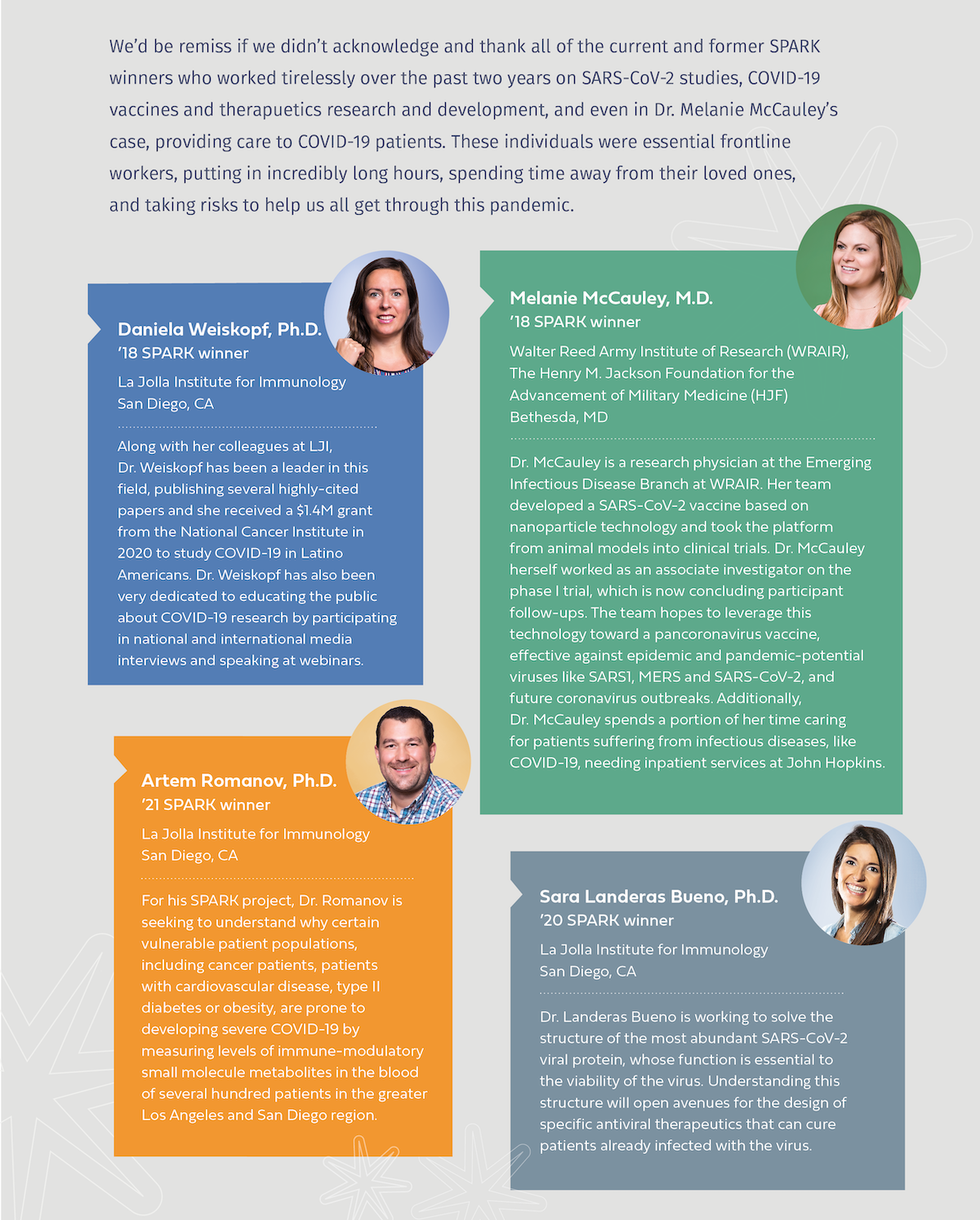
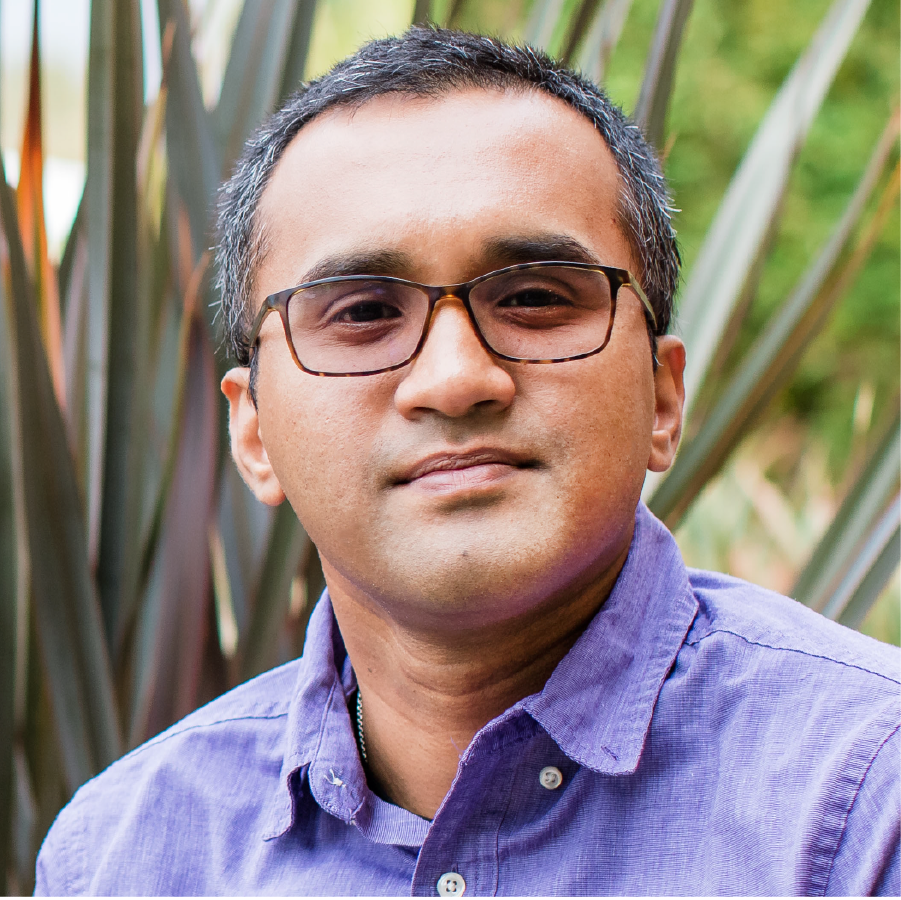
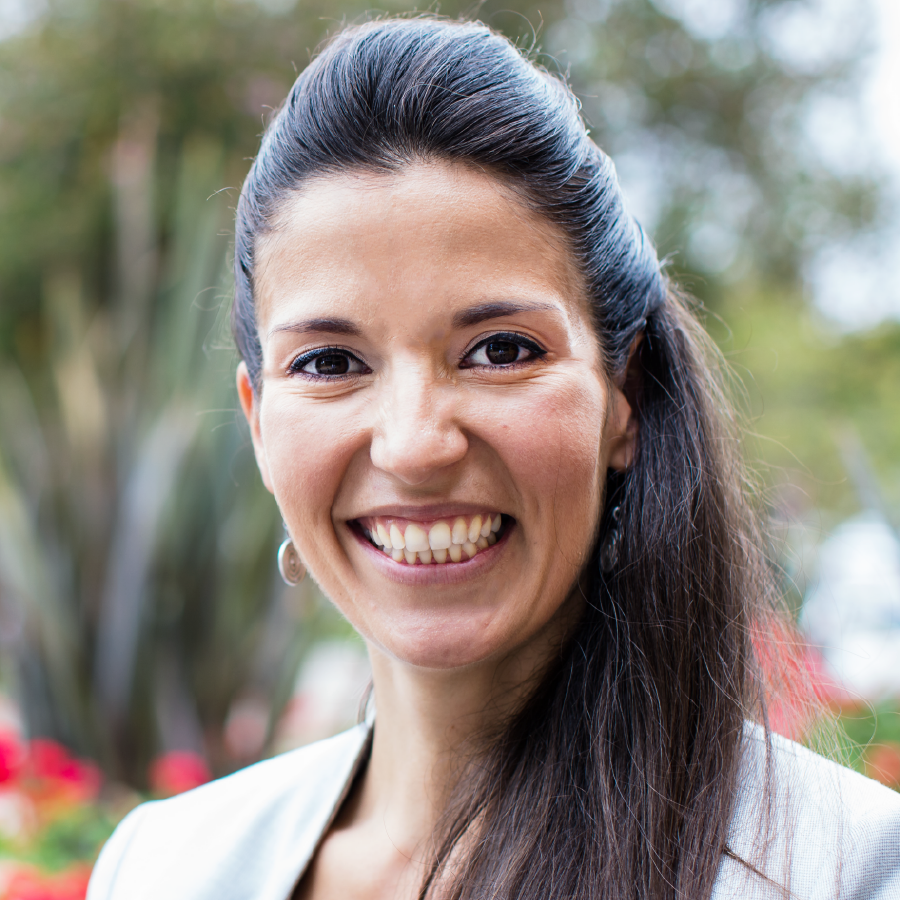
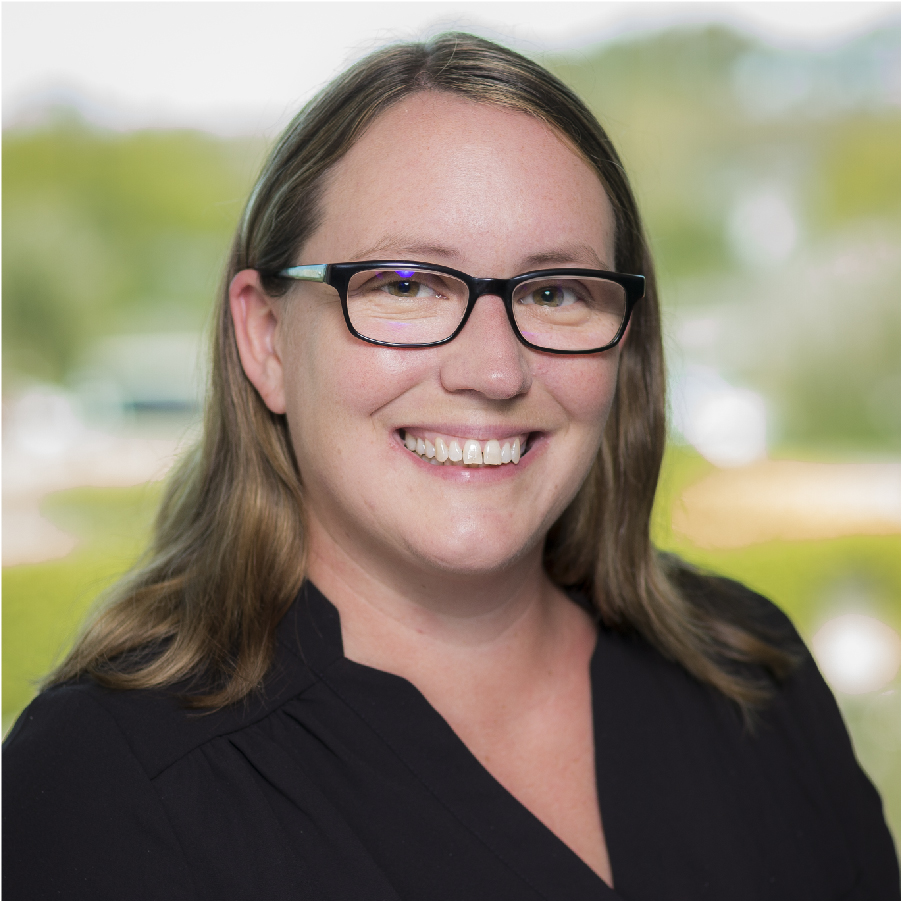
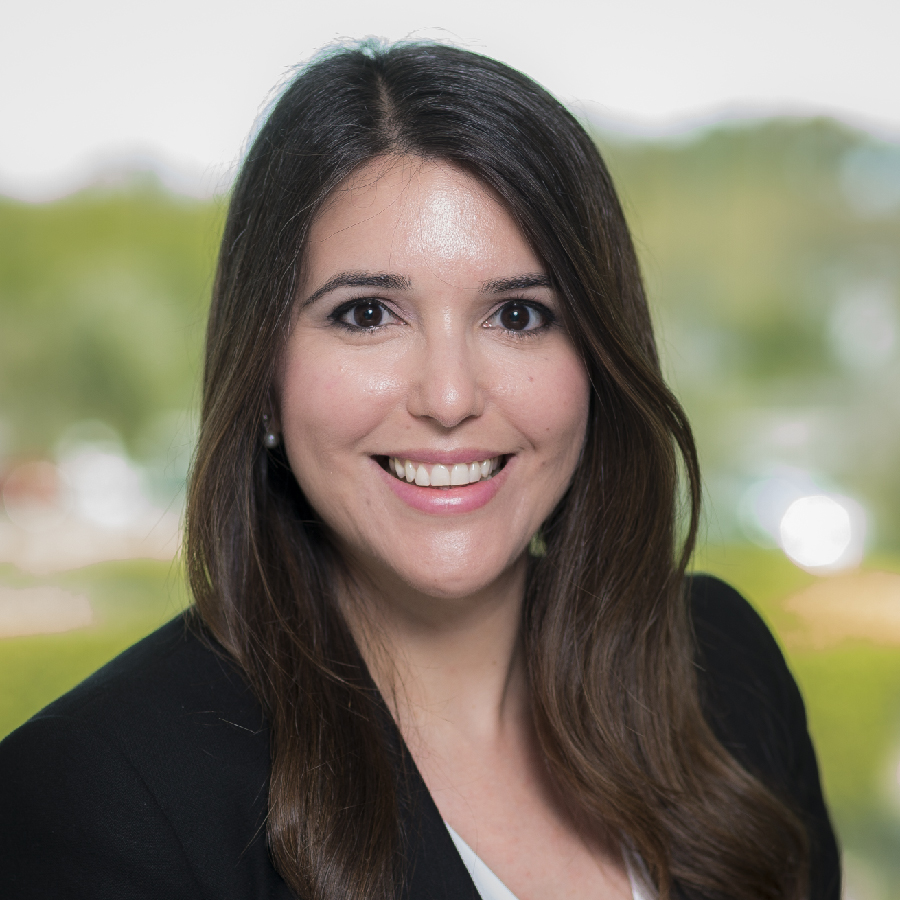
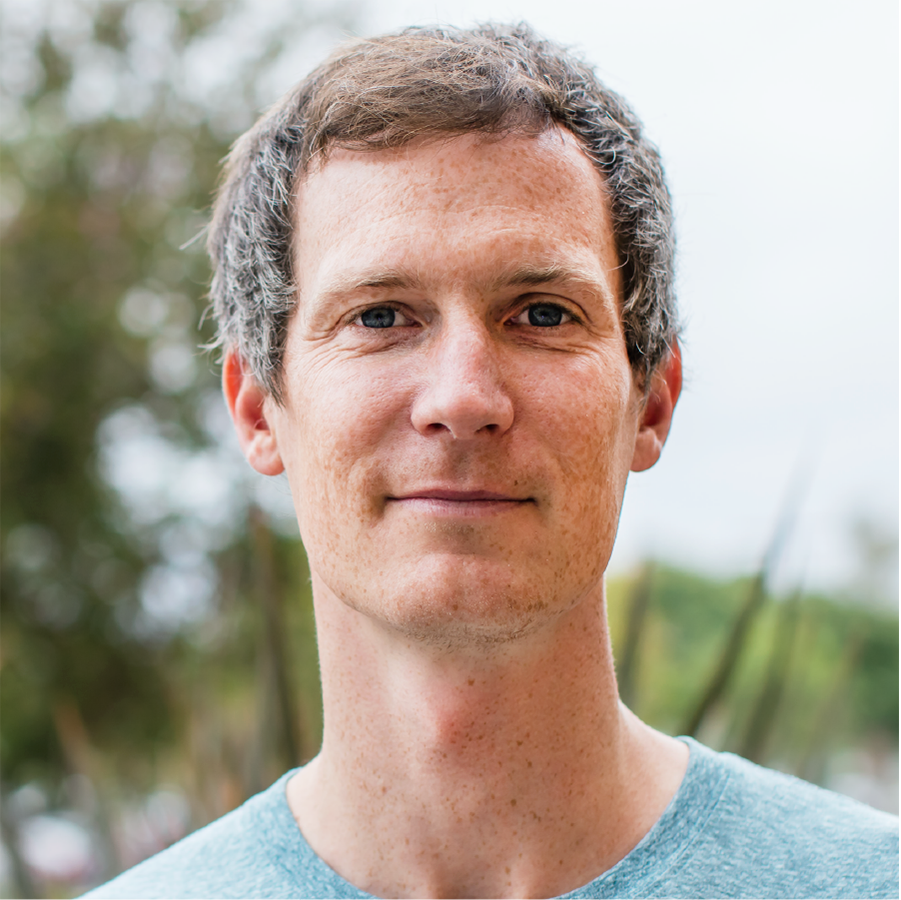
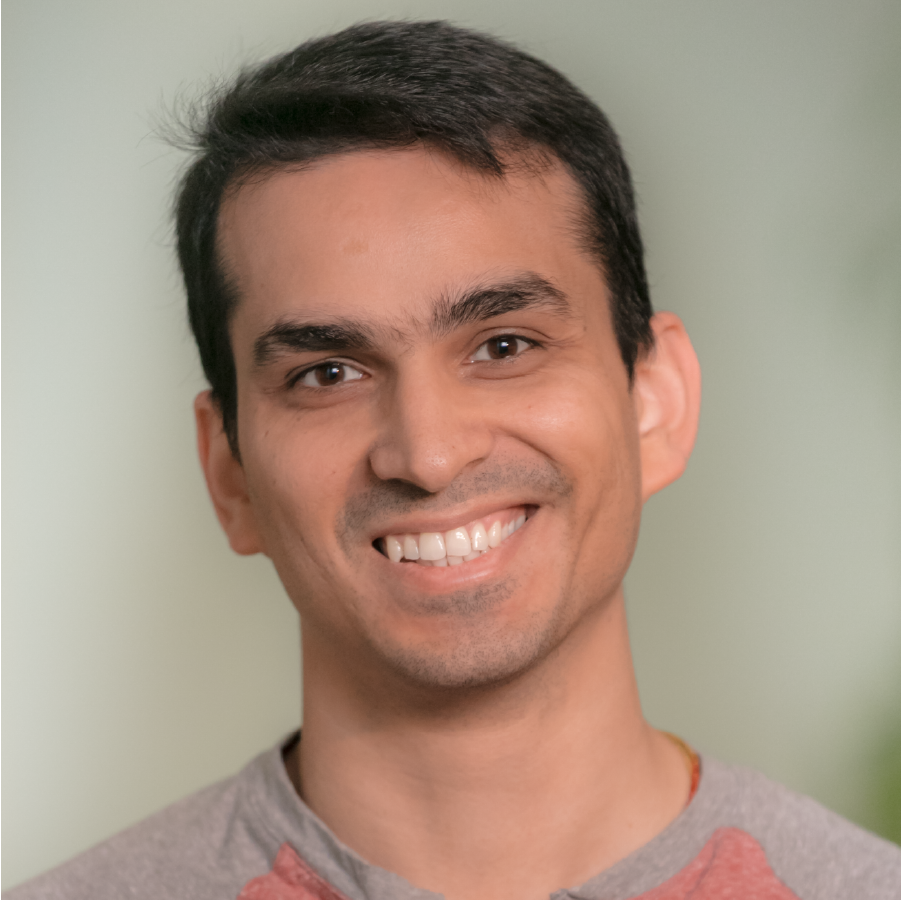 “Our proposed SPARK project will reveal how structures, rather than linear sequences, in our DNA relay information in cells. This is a process we know very little about, and this new knowledge could help lead to better therapeutic approaches to treat many different cancers.”
“Our proposed SPARK project will reveal how structures, rather than linear sequences, in our DNA relay information in cells. This is a process we know very little about, and this new knowledge could help lead to better therapeutic approaches to treat many different cancers.”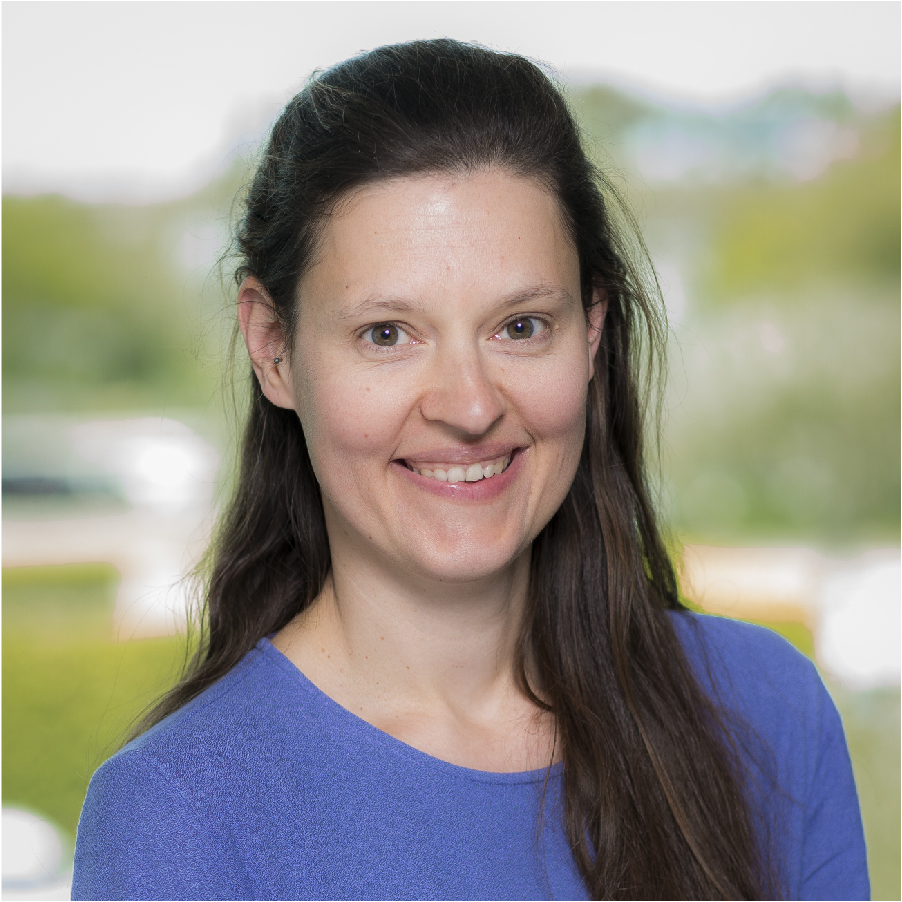
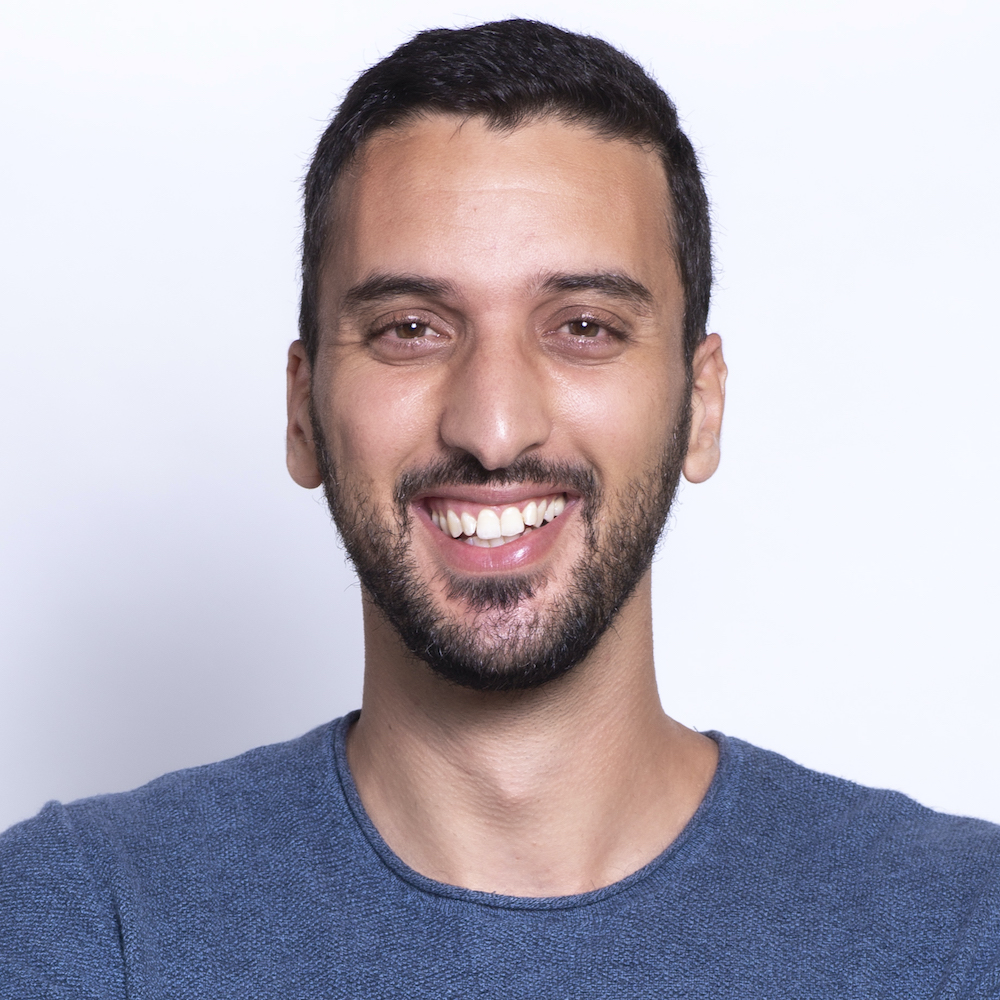 “Our hope is that by using a newly developed model of live human pancreatic slices to unravel the complex interplay between viruses, beta cells and the immune system, we will identify the best approaches for therapeutic and preventive therapies for type 1 diabetes.”
“Our hope is that by using a newly developed model of live human pancreatic slices to unravel the complex interplay between viruses, beta cells and the immune system, we will identify the best approaches for therapeutic and preventive therapies for type 1 diabetes.”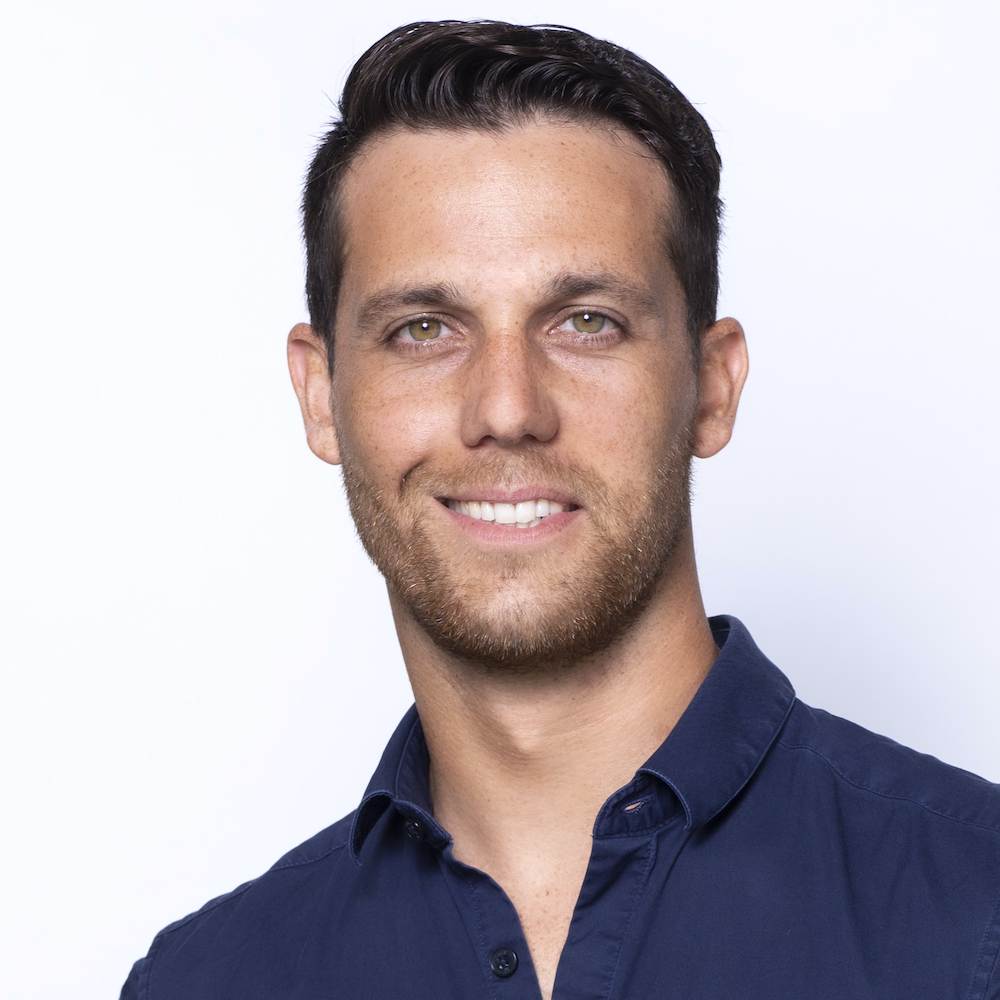 “To be able to meet donors directly who put their trust and faith in you and your work, gives you a concrete reason to invest your efforts in a project in which people trust and see the positive impact that it could bring to help tomorrow’s patient.”
“To be able to meet donors directly who put their trust and faith in you and your work, gives you a concrete reason to invest your efforts in a project in which people trust and see the positive impact that it could bring to help tomorrow’s patient.”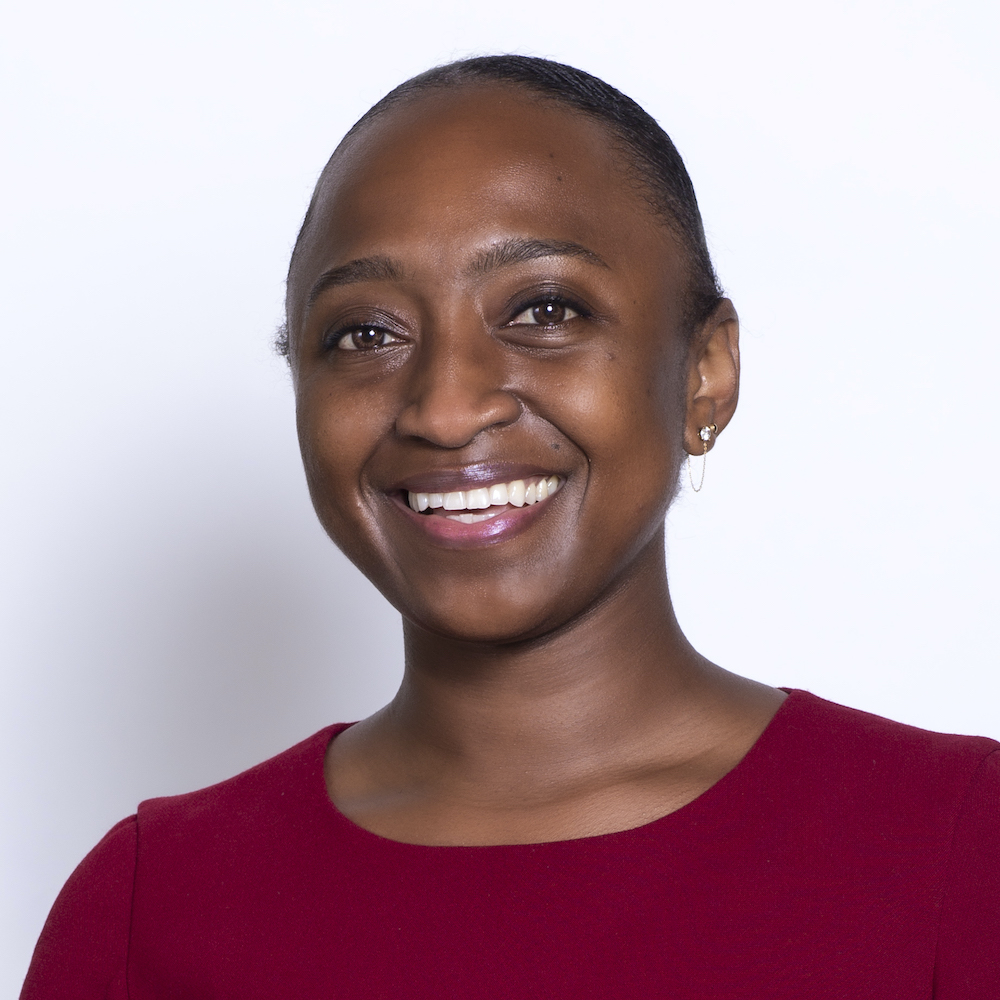 “Winning a SPARK Award would mean a lot to me because it would mean people understand and care about my research on infectious diseases. It would also give me the experience and confidence to apply for an independent young investigator grant which is key for my future career.”
“Winning a SPARK Award would mean a lot to me because it would mean people understand and care about my research on infectious diseases. It would also give me the experience and confidence to apply for an independent young investigator grant which is key for my future career.” “I study viruses in the hopes that one day my work could help save lives. Funding through the Tullie and Rickey Families SPARK Awards Program will allow me to leverage my discoveries to design life-saving therapies against some of the world’s deadliest pathogens.”
“I study viruses in the hopes that one day my work could help save lives. Funding through the Tullie and Rickey Families SPARK Awards Program will allow me to leverage my discoveries to design life-saving therapies against some of the world’s deadliest pathogens.”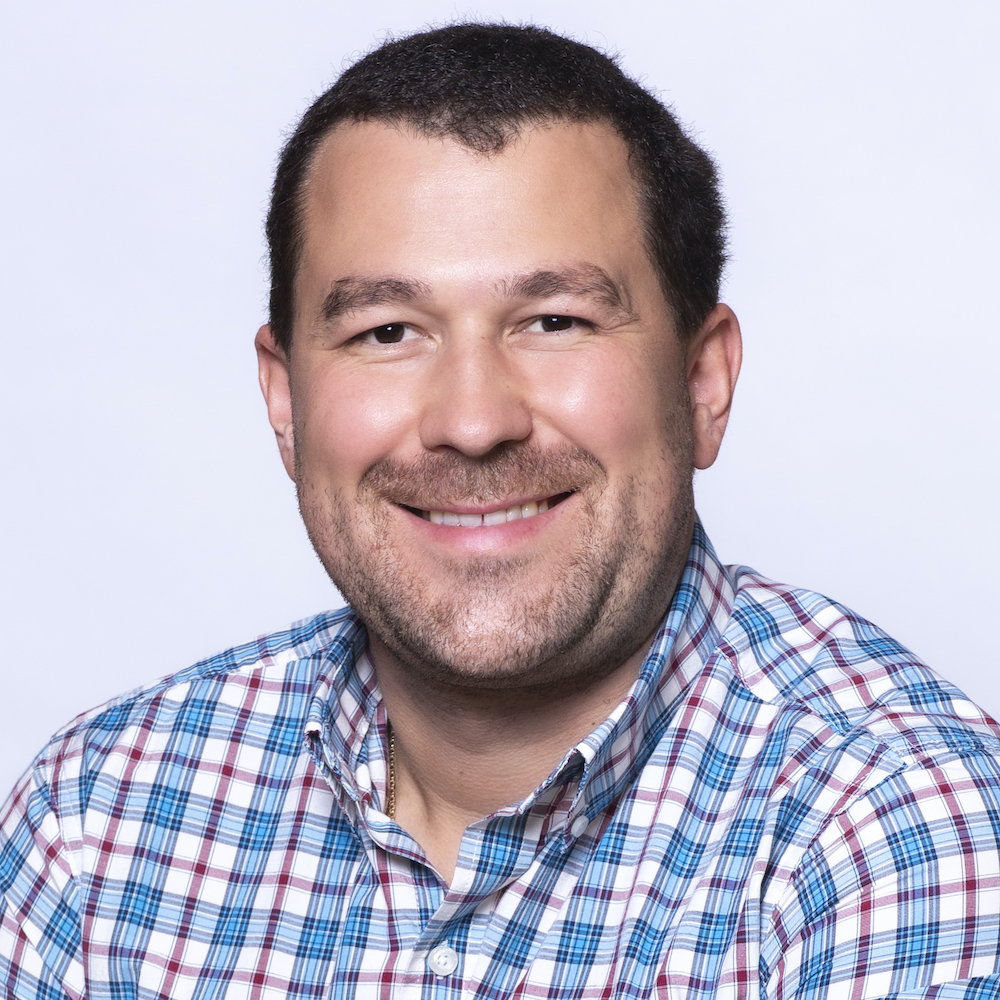
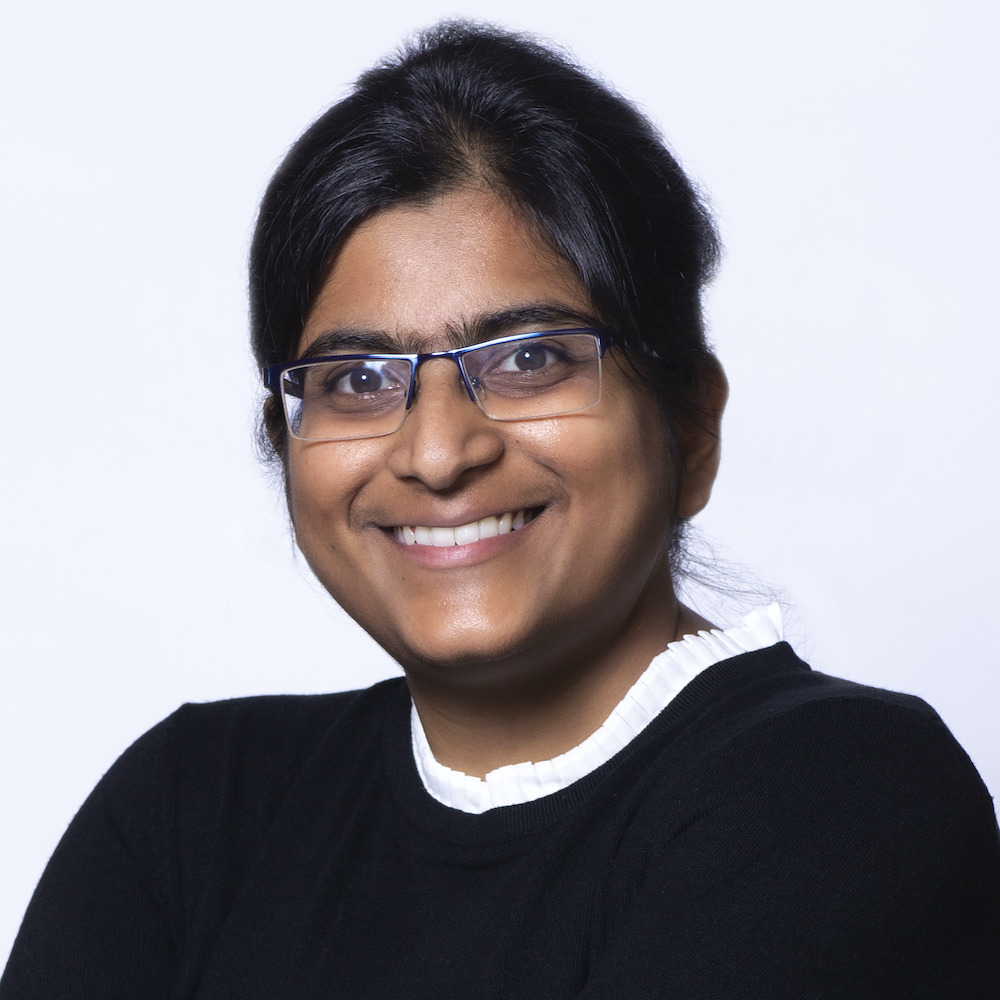 “My experience as a SPARK finalist has inspired me to understand the true essence of my research. Winning this award will further instill confidence that my scientific ideas have the potential to make a difference and save lives.”
“My experience as a SPARK finalist has inspired me to understand the true essence of my research. Winning this award will further instill confidence that my scientific ideas have the potential to make a difference and save lives.”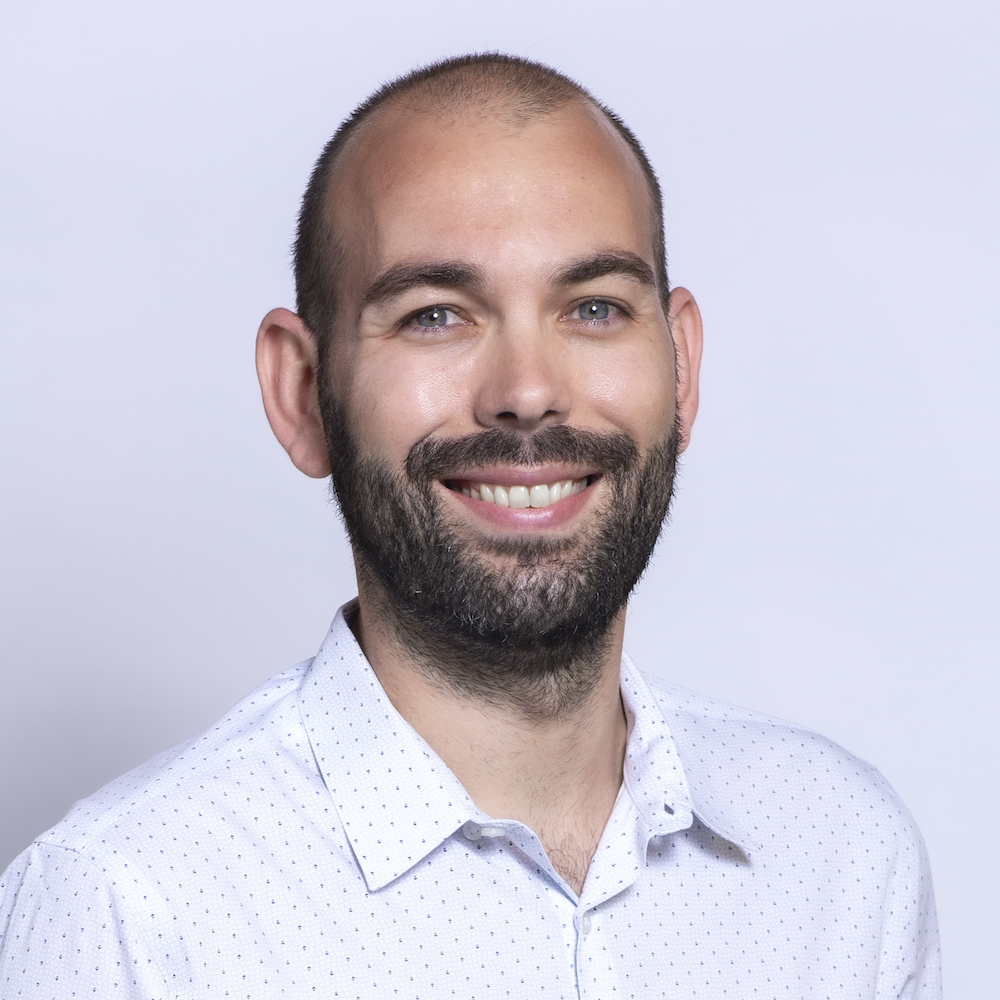
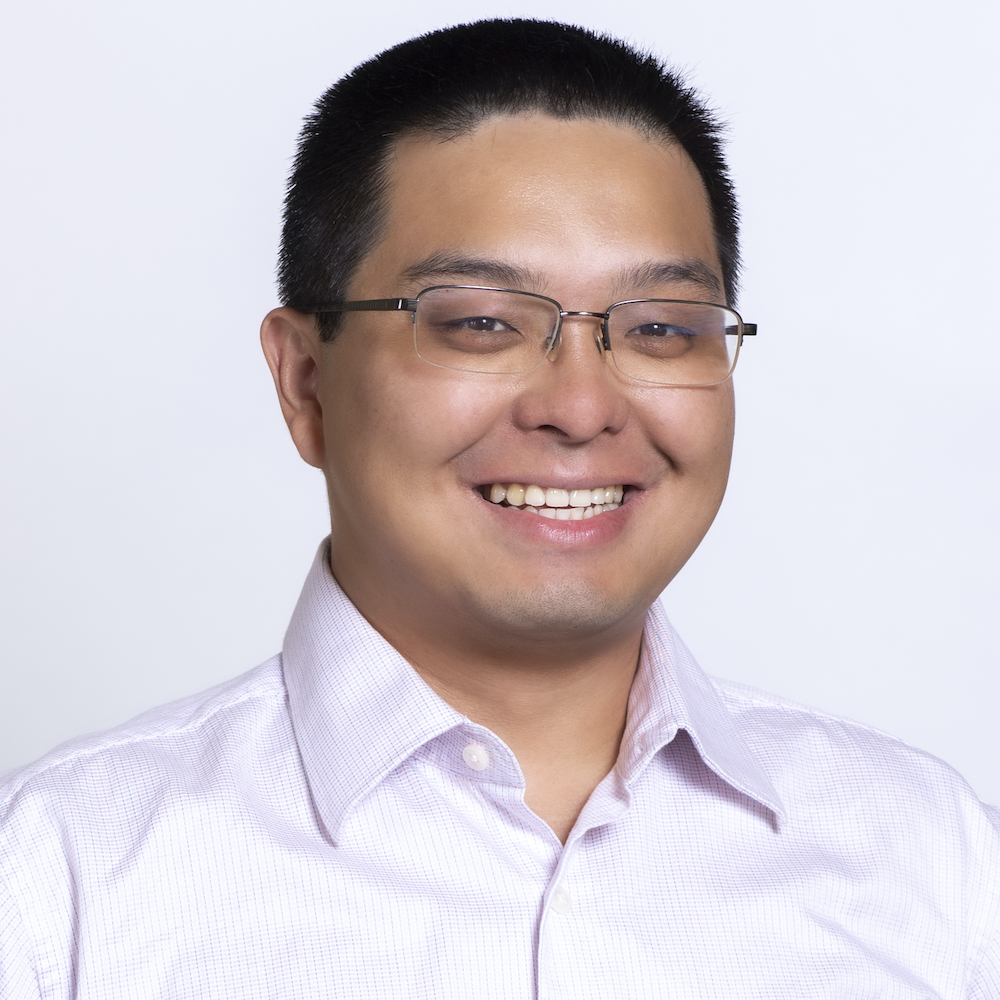 “Winning a SPARK Award means that the public recognizes the significance and great value of my work. It encourages and motivates me to devote my full energy in my career to fight against infectious diseases.”
“Winning a SPARK Award means that the public recognizes the significance and great value of my work. It encourages and motivates me to devote my full energy in my career to fight against infectious diseases.”